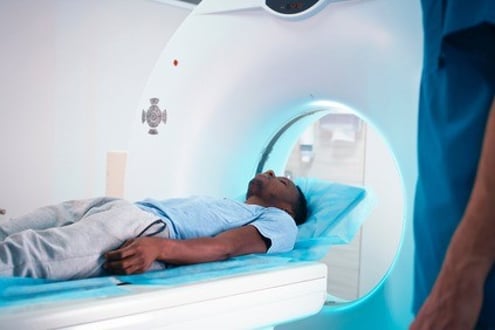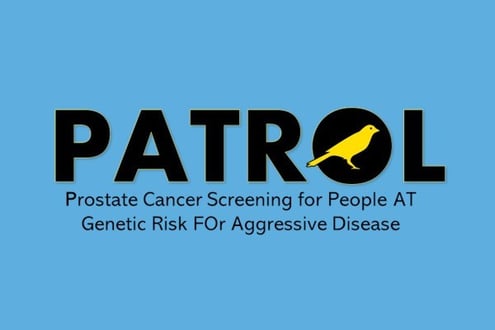CHEK2: Options for Managing Cancer Risk
Risk Management for People with Inherited Mutations
Experts at the National Comprehensive Cancer Network (NCCN) created guidelines for people with a mutation to manage their cancer risk. NCCN notes that some mutations (for example a mutation known as IIe157Thr) may be associated with lower breast cancer risks than other mutations. We recommend that you speak with a genetics expert who can look at your personal and family history of cancer and can help you decide on a plan to manage your risk. You can learn more about risk management options in our section on Screening and Risk Reduction by Cancer Type.
Get notified when updated information becomes available.
SIGN UP FOR CONTENT UPDATES|
Beginning Age |
Recommendation |
Additional Information |
|
25 |
Learn to be aware of changes in your breasts. |
|
|
25 (or earlier based on youngest age of breast cancer in the family) |
Breast exam by doctor (also known as a clinical breast exam) every 6-12 months. |
The guidelines recommend that people who have risk-reducing mastectomy continue to receive clinical breast exams. |
|
30-35 |
Discuss the benefits, risks and costs of yearly breast with and without contrast with your doctor. |
|
|
40 (or earlier based on youngest age of breast cancer in the family) |
Yearly . |
|
|
No set age |
More research is needed to show whether people with inherited mutations benefit from risk-reducing mastectomy. Discuss with your doctor about the option of risk-reducing mastectomy based on your personal and family history of cancer. |
Risk-reducing mastectomy lowers breast cancer risk by 90%, but has not been shown to improve survival. Even after double mastectomy, some breast tissue, and therefore cancer risk remains. Clinical breast exam should be continued after risk-reducing mastectomy. |
|
No set age |
Discuss the benefits, risks and costs of medications to lower the risk for breast cancer with your doctor. |
Tamoxifen or other estrogen-blocking drugs may lower breast cancer risk. Medications or vaccines are being studied in clinical trials. |
|
75 |
Have a discussion with your doctor about whether to continue, stop or change breast screening. |
|
|
Source: NCCN Guidelines: Genetic/Familial High-Risk Assessment: Breast, Ovarian, Pancreatic, , v. 3, 2026. |
||
|
Beginning Age |
Recommendation |
|
40 |
|
|
Source: NCCN Guidelines: Genetic/Familial High-Risk Assessment: Breast, Ovarian, Pancreatic, , vs. 3, 2026. |
|
Other cancers
There isn’t enough research to show that people with a mutation benefit from extra screening or prevention for other types of cancer. Because of this, experts recommend following general population screening guidelines and considering your family history when managing these risks. National guidelines exist for screening the following cancers:
More Resources
Meet FORCE's Community
Using a Shorter Type of MRI as a Screening Tool for People at High Risk for Prostate Cancer
Clinicaltrials.gov identifier: NCT05384535
PATROL Study: Prostate Cancer Screening for People AT Genetic Risk FOr Aggressive Disease
Clinicaltrials.gov identifier: NCT04472338
Screening Study for Men at High Genetic Risk for Prostate Cancer
Clinicaltrials.gov identifier: NCT03805919
Screening in Men at High Risk of Developing Prostate Cancer
Clinicaltrials.gov identifier: NCT05608694
Prostate Cancer Genetic Risk Evaluation and Screening Study (PROGRESS)
Clinicaltrials.gov identifier: NCT05129605
Helping Latinas Understand Their Risk for Breast Cancer and Get Breast Cancer Care
Clinicaltrials.gov identifier: NCT05483283
Upright MRI for Prostate Cancer Screening
Clinicaltrials.gov identifier: NCT03474913








